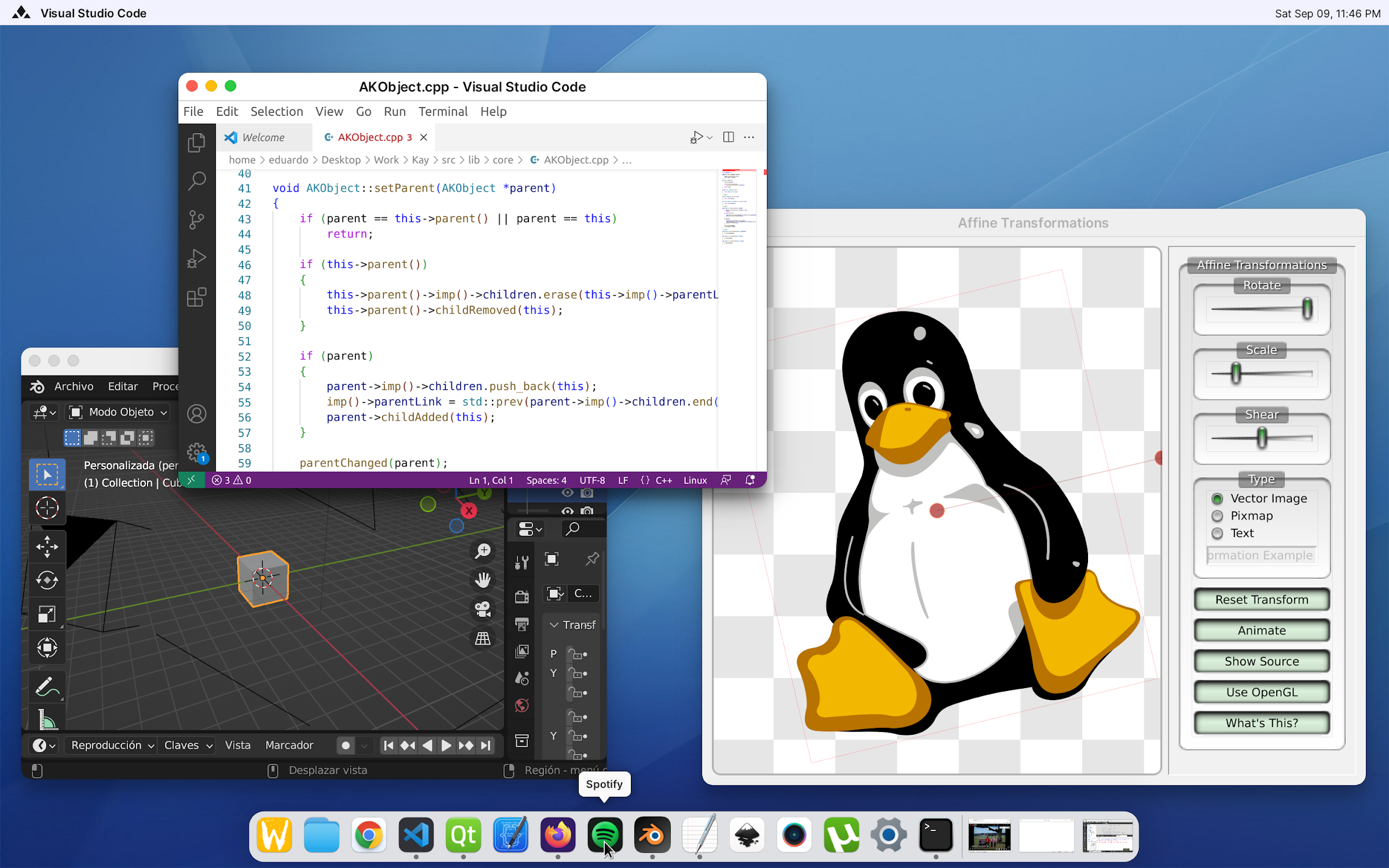this post was submitted on 14 Nov 2023
230 points (99.1% liked)
Linux
48376 readers
1030 users here now
From Wikipedia, the free encyclopedia
Linux is a family of open source Unix-like operating systems based on the Linux kernel, an operating system kernel first released on September 17, 1991 by Linus Torvalds. Linux is typically packaged in a Linux distribution (or distro for short).
Distributions include the Linux kernel and supporting system software and libraries, many of which are provided by the GNU Project. Many Linux distributions use the word "Linux" in their name, but the Free Software Foundation uses the name GNU/Linux to emphasize the importance of GNU software, causing some controversy.
Rules
- Posts must be relevant to operating systems running the Linux kernel. GNU/Linux or otherwise.
- No misinformation
- No NSFW content
- No hate speech, bigotry, etc
Related Communities
Community icon by Alpár-Etele Méder, licensed under CC BY 3.0
founded 5 years ago
MODERATORS
you are viewing a single comment's thread
view the rest of the comments
view the rest of the comments

Do you plan to use vulkan wmi in any way?
Can xwayland be excluded?
Honestly, I haven't explored Vulkan yet. I initially chose GLES 2.0 as the primary renderer to ensure compatibility with a wide range of hardware. Introducing Vulkan myself would be a time-consuming task unless I receive assistance.
Regarding XWayland, Louvre doesn't currently support it, so it's naturally excluded. Well, it technically can run in rootful mode, but that is somewhat pointless. To enable independent window management, I believe I would need to create a mini X server, a task I haven't tackled as of now.
It looks very interesting.
I might be wrong, but it seems to me like Vulkan Support in hw is better than opengl:
Probably all of them have better Vulkan than opengl drivers (due to drivers being simpler). David Arlie rather quickly implemented first Vulkan driver for AMD once Vulkan was first released. Just in case you need incentive.
I was thinking of starting something similar as a learning exercise, but I'm really limited in time and not skilled as much in c++, so it would probably lead nowhere. Now I can just build on top - if I get any time for this, will come probably with questions.
Anyway, this idea was to make something modern. Without the legacy crap. Actual goals were:
Interesting, I don't recall where I read about Vulkan support still being experimental in many Mesa drivers; it might have been an outdated post. I'll look into it, and perhaps I'll decide to dive into learning Vulkan. Additionally, there are buffer-sharing mechanisms that already work smoothly with GLES, so I need to explore if the situation is similar for Vulkan. Thanks for your response, and if you have the time and inclination to help include it, feel free to do so! 😄